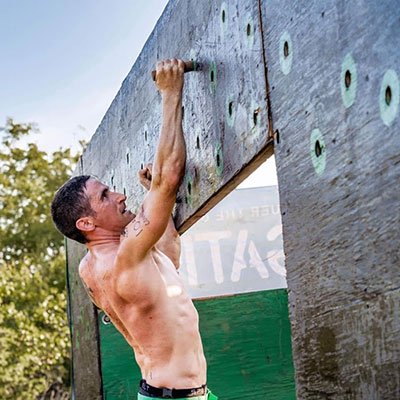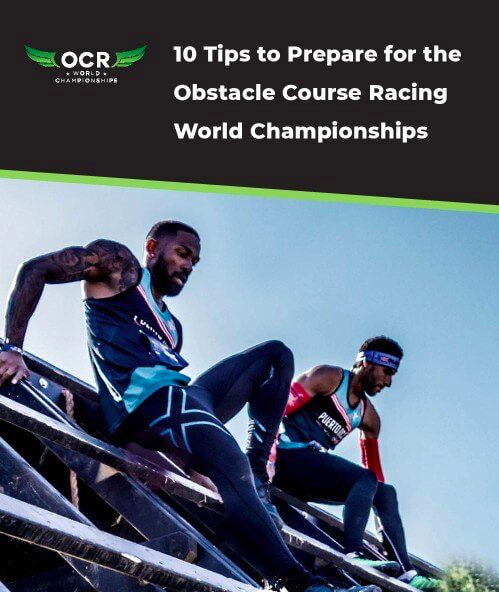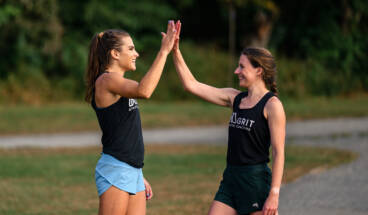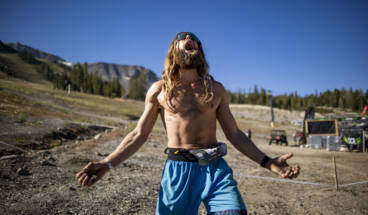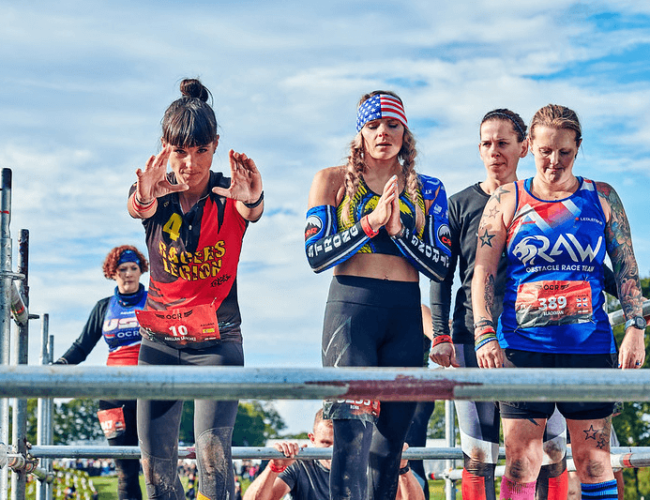
Best Preparatory Races for OCR World Championships
If you have already registered for the Obstacle Course Racing World Championships (OCRWC), you are going to want to work on your weaknesses, so you are race day ready. While we do have some more great content that will give you specific tips, techniques and training methods for each set of obstacles, here are some general guidelines you may want to follow if you are concerned about a specific aspect of OCRWC:
“I’m worried about the mountain”
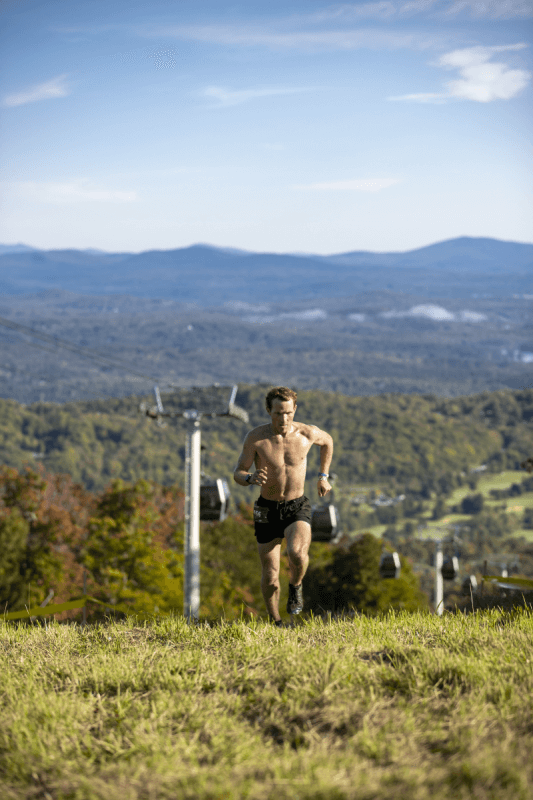
I think everyone reading this has at least one friend who after a tough race says, “Yeah that was bad but it wasn’t as bad as….” We often base difficulty based off accumulated life experiences. So if you are worried about the size of the mountain and quantity of climbing, I encourage you to check out the Spartan Mountain Series to create that contrast that will make OCRWC not so bad. If you aren’t quite ready for Supers and Beasts up the sides of mountain, they do have some Sprints. If you aren’t ready for that, I know there are at least a couple of Rugged Maniacs that take place on ski slopes (Kansas City and Indiana are two of them).
“I’m worried about the heavy carries”
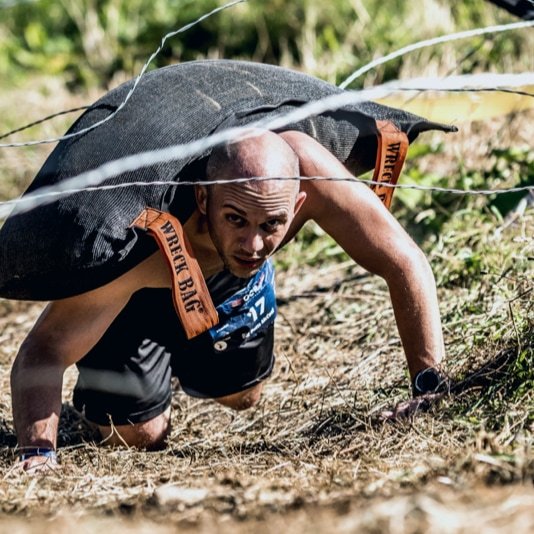
They say practice makes perfect, so you may want to consider turning your entire race (or almost your entire race) into a heavy carry to get some good practice in. Green Beret Challenge has some rough carries including the infamous Yoke Carry (you may have heard people complain about this from US OCR Championships in 2017). Mark Ballas’ course is basically heavy carries mixed in between short sections of running and obstacles. Perfect training for OCRWC. Another option is to head to one of two OCRWC qualifying races where you wear a weight for the entire race, Frontline OCR in Illinois (a weighted vest) and Colorado’s Cerus Ruk (a weighted backpack).
“I’m worried about losing my band”
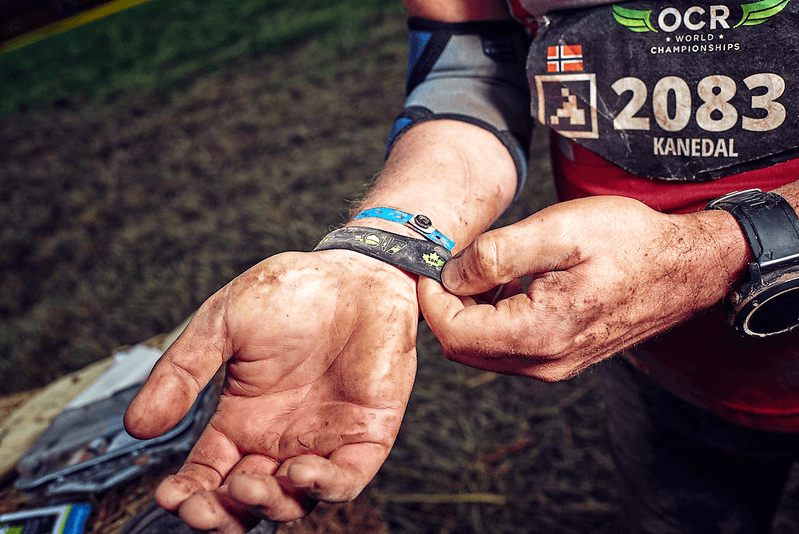
If you want to go into the race with more confidence on your ability for obstacle completion, head to races like Indian Mud Run, Savage Race and Conquer The Gauntlet. These races are mandatory completion. Unlike Spartan, which you usually aren’t allowed a second chance at an obstacle, these courses let you try and try again. Savage Race will give you a good all-around grip strength challenge without one specific obstacle being overly challenging when attempted in isolation. Kansas City’s only permanent OCR, KC Timber Challenge is also a good option especially if you are concerned about the low rig or Valkyrie (they have rings that go uphill and around a corner). Meanwhile, Conquer The Gauntlet (CTG) has the hardest obstacles I have seen in an OCR series with a pegboard mid-race, a challenging rig called Tarzan Swing and a series of balance obstacles unlike any other. If you can keep your band (belt) at a CTG, I would be shocked if you lost it at OCRWC.
“I’m worried about the time cutoff”
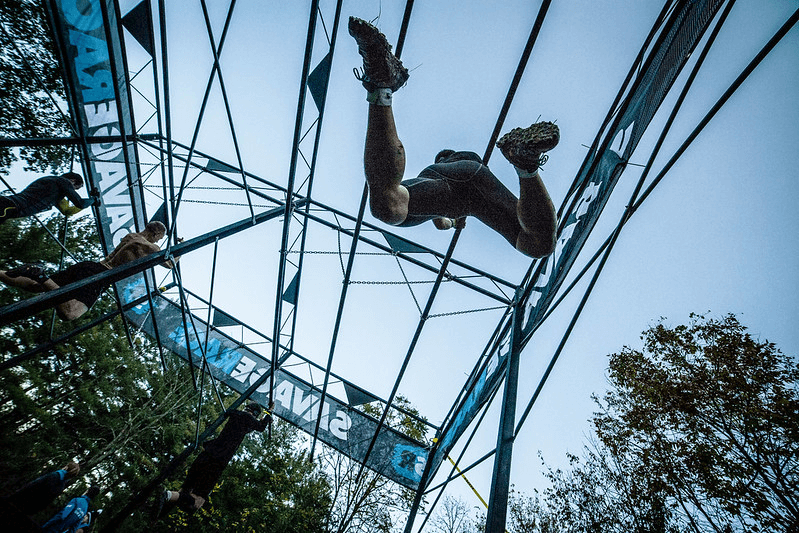
To complete the course you have six hours from the start time of your wave. If you are hiking and walking large parts of the course, you need to keep moving above everything else. I can’t emphasize this enough that putting one foot in front of the other will be your key to success. If you think you may get stuck at an obstacle having to retry it, reread the above paragraph and plan races and training accordingly so that is not the case. If you show up at OCRWC and are still worried about getting stuck, figure out a timing plan. For example, “I must be at obstacle X no later than this time to successfully complete the course.” If it looks like you aren’t going to make your own self-created cutoff, it might be time to give up the band and keep on moving.
Of note, if you are spending six hours on the course, your fueling requirements mid-race will also be different than the winner finishing in under two hours. To prepare, you are going to want to do other races that will take you six hours to complete, whether that be doing a Toughest Mudder relay or a Spartan Super up the side of a mountain. The Toughest Mudder relay is a great building block and stepping stone. The event is 12 hours but run in a relay format (two or four person). Therefore, your four to six hours of running is broken up into smaller sections (first and last lap are typically done as a full team). This means you can do an OCR for six hours in one day, without having to deal with the extensive post-race recovery six hours of straight racing would do to your body.
“I’m worried about not enjoying myself”
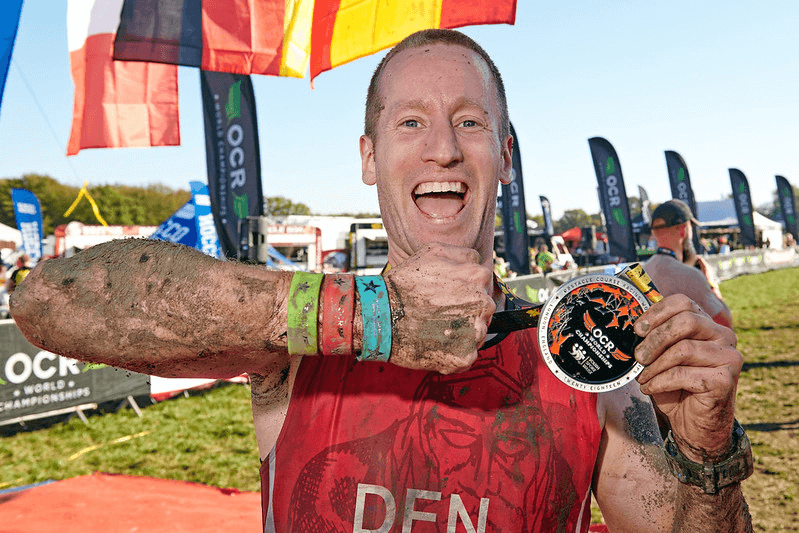
Don’t be ridiculous. These are Adventurey events known for the #athletesfirst experience and the passion of all the racers involved. You can meet fellow OCRWC at over 25 USA based brands and more than 50 brands worldwide. Make friends, join the online Facebook group and come enjoy what I consider the best OCR series in the world. I also highly recommend sticking around for the Team Relay Championships. While the individual events are fun, the team relay is fast paced, full of action and exciting to be racing for your friends.
Pack your VJ Shoes, throw on some MudGear socks and start preparing. Your persistence, training and consistency can help you reach levels that you once thought were impossible. OCRWC is hands down the best mandatory completion course in the western hemisphere, you don’t want to miss all the action in Stratton, Vermont this fall.
